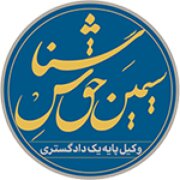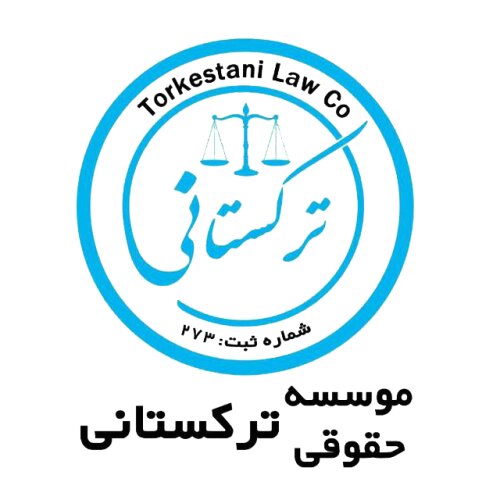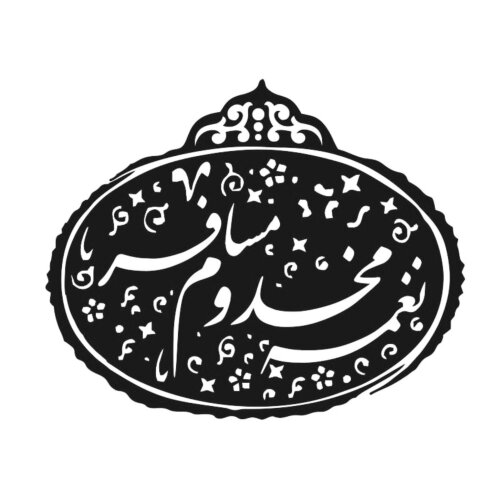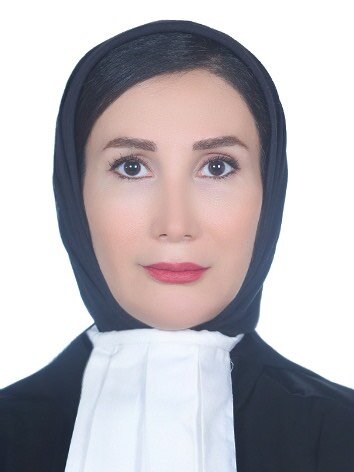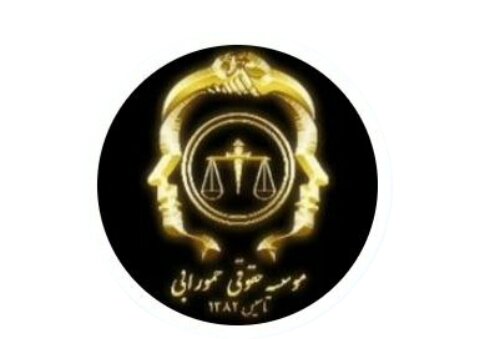Best Criminal Litigation Lawyers in Tehran
Share your needs with us, get contacted by law firms.
Free. Takes 2 min.
List of the best lawyers in Tehran, Iran
About Criminal Litigation Law in Tehran, Iran
Criminal litigation in Tehran, Iran, involves the legal process where the government prosecutes individuals or entities accused of committing criminal offenses as defined by Iranian law. The criminal justice system in Iran is based on Islamic law, or Sharia, coupled with civil law elements. Cases may range from minor offenses to serious crimes such as theft, drug trafficking, or murder. The legal processes involve several stages, starting from investigation and arrest, to trial and potential appeals, all strictly adhering to the legal provisions outlined in Iran's Penal Code.
Why You May Need a Lawyer
There are several situations where you might require the expertise of a lawyer specializing in criminal litigation in Tehran:
1. **Accusations or Charges:** If you are accused or charged with a criminal offense, navigating the legal system can be complex and daunting without professional guidance.
2. **Bail Applications:** A lawyer can assist in filing for bail during your trial to minimize disruptions to your personal and professional life.
3. **Trial Representation:** A lawyer can represent you in court, presenting evidence and arguments on your behalf to ensure a fair trial.
4. **Appeals:** If you are seeking to appeal a verdict or sentence, legal expertise is critical in framing an effective appeal.
5. **Legal Advice:** Understanding your rights, the implications of certain charges, and the Iranian legal system can be challenging; a lawyer can provide valuable insight and advice.
Local Laws Overview
The criminal law in Tehran, Iran, is largely influenced by Islamic jurisprudence, which shapes its Penal Code. Key aspects include:
1. **Islamic Penal Code (IPC):** Governs the punishment for crimes and is a combination of Sharia and statutory law. It categorizes offenses into Hudud (fixed punishments), Qisas (retaliation), Diyya (compensation), and Ta'zir (discretionary punishment).
2. **Procedure:** Criminal cases proceed from investigation to prosecution and then to trial, often involving interrogation by investigative judges.
3. **Rights of the Accused:** Individuals have the right to legal representation, though the extent and effectiveness can vary based on the nature of the crime and the court's discretion.
4. **Juvenile Law:** There are distinct procedures and considerations for crimes committed by minors, focusing more on rehabilitation.
Frequently Asked Questions
What constitutes a criminal offense in Tehran?
Criminal offenses in Tehran, like the rest of Iran, are defined by the Islamic Penal Code and include actions considered harmful to society, the public, or the state, ranging from theft to more severe crimes such as murder and espionage.
How long does a typical criminal case take to resolve?
The duration of a criminal case can vary significantly, depending on the complexity and severity of the charges. Simple cases may take a few months, while more complex ones could take years, especially if they involve multiple stages of appeals.
What are my rights if I am arrested in Tehran?
Rights for the arrested include the right to be informed of the charges, access to legal representation, and to remain silent during interrogation until advised otherwise by a lawyer.
Can I represent myself in a criminal case?
While legally possible, it is not advisable to represent oneself due to the complexity of the legal and procedural issues involved in criminal litigation.
Is the court process conducted in Farsi?
Yes, all legal proceedings in Tehran courts are conducted in Farsi, and official documents are in the same language.
What is the role of a defense lawyer in criminal litigation?
A defense lawyer represents the accused in court, providing legal advice, preparing the defense case, and ensuring that the client's rights are upheld throughout the judicial process.
Are foreign nationals treated differently in Tehran’s criminal courts?
Foreign nationals may face additional challenges, such as language barriers and unfamiliarity with the legal system, but legally, they are subject to the same procedures as Iranian citizens, with some diplomatic considerations.
What penalties can be imposed in criminal convictions?
Penalties range from fines and community service to imprisonment, corporal punishment, or even the death penalty for the most serious offenses, depending on the crime and IPC provisions.
How is evidence treated in a criminal trial?
Evidence is crucial in criminal trials, and the court relies on various forms including eyewitness testimony, documents, and expert opinions. The credibility and relevance of evidence are strictly evaluated by the judges.
Can criminal records be expunged in Iran?
Certain criminal records can be sealed or expunged under specific conditions, often requiring legal intervention to navigate the procedural requirements effectively.
Additional Resources
For additional guidance and support in criminal litigation in Tehran, consider consulting the following resources:
1. **Tehran Bar Association:** Offers resources and a directory of licensed lawyers specializing in criminal law.
2. **Legal Aid Organizations:** Provide consultation and support to those unable to afford private legal services.
3. **Iranian Judiciary's Official Portal:** Offers comprehensive information on legal processes and rights.
4. **Modares University School of Law:** Often hosts public seminars and workshops on various legal topics.
Next Steps
If you require legal assistance in criminal litigation, consider taking the following steps:
1. **Conduct Research:** Understand your situation better by reviewing Iranian criminal law and potential penalties associated with your case.
2. **Consult a Lawyer:** Seek advice from a qualified criminal lawyer who can evaluate your case and suggest the best course of action.
3. **Prepare Documentation:** Gather all relevant documents, records, and evidence that might be necessary for your defense.
4. **Engage Legal Services:** Hire a lawyer who will represent you in the proceedings and ensure your rights are protected throughout.
5. **Follow Legal Advice:** Adhere to your lawyer’s advice to maintain a strong position in your defense and understand each step of your legal journey.
Lawzana helps you find the best lawyers and law firms in Tehran through a curated and pre-screened list of qualified legal professionals. Our platform offers rankings and detailed profiles of attorneys and law firms, allowing you to compare based on practice areas, including Criminal Litigation, experience, and client feedback.
Each profile includes a description of the firm's areas of practice, client reviews, team members and partners, year of establishment, spoken languages, office locations, contact information, social media presence, and any published articles or resources. Most firms on our platform speak English and are experienced in both local and international legal matters.
Get a quote from top-rated law firms in Tehran, Iran — quickly, securely, and without unnecessary hassle.
Disclaimer:
The information provided on this page is for general informational purposes only and does not constitute legal advice. While we strive to ensure the accuracy and relevance of the content, legal information may change over time, and interpretations of the law can vary. You should always consult with a qualified legal professional for advice specific to your situation.
We disclaim all liability for actions taken or not taken based on the content of this page. If you believe any information is incorrect or outdated, please contact us, and we will review and update it where appropriate.




